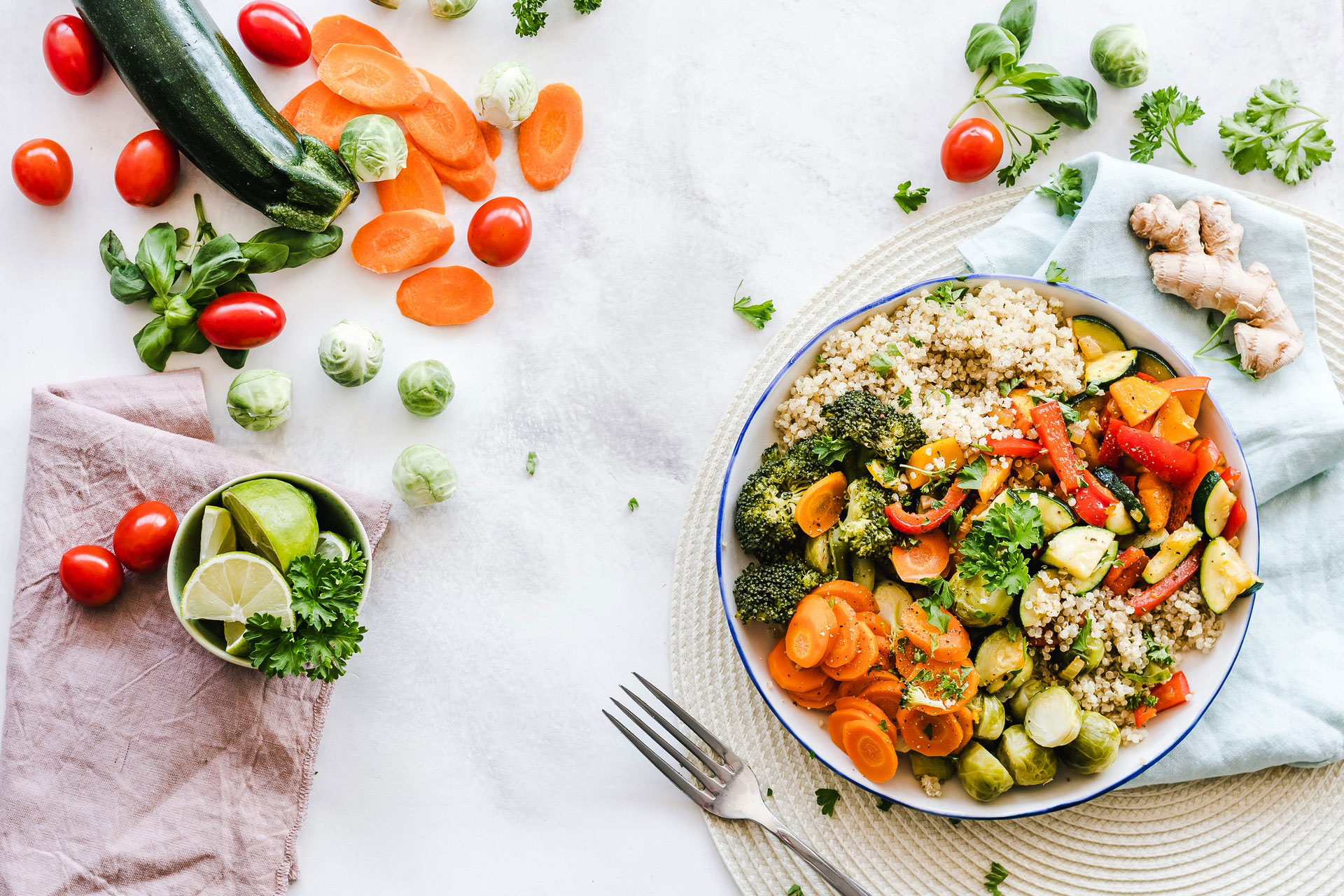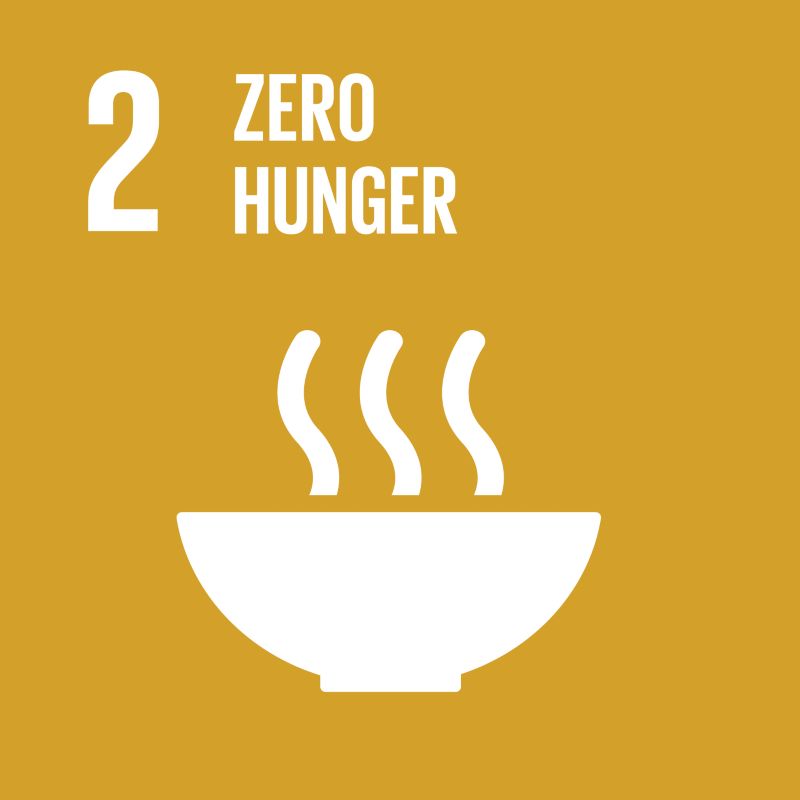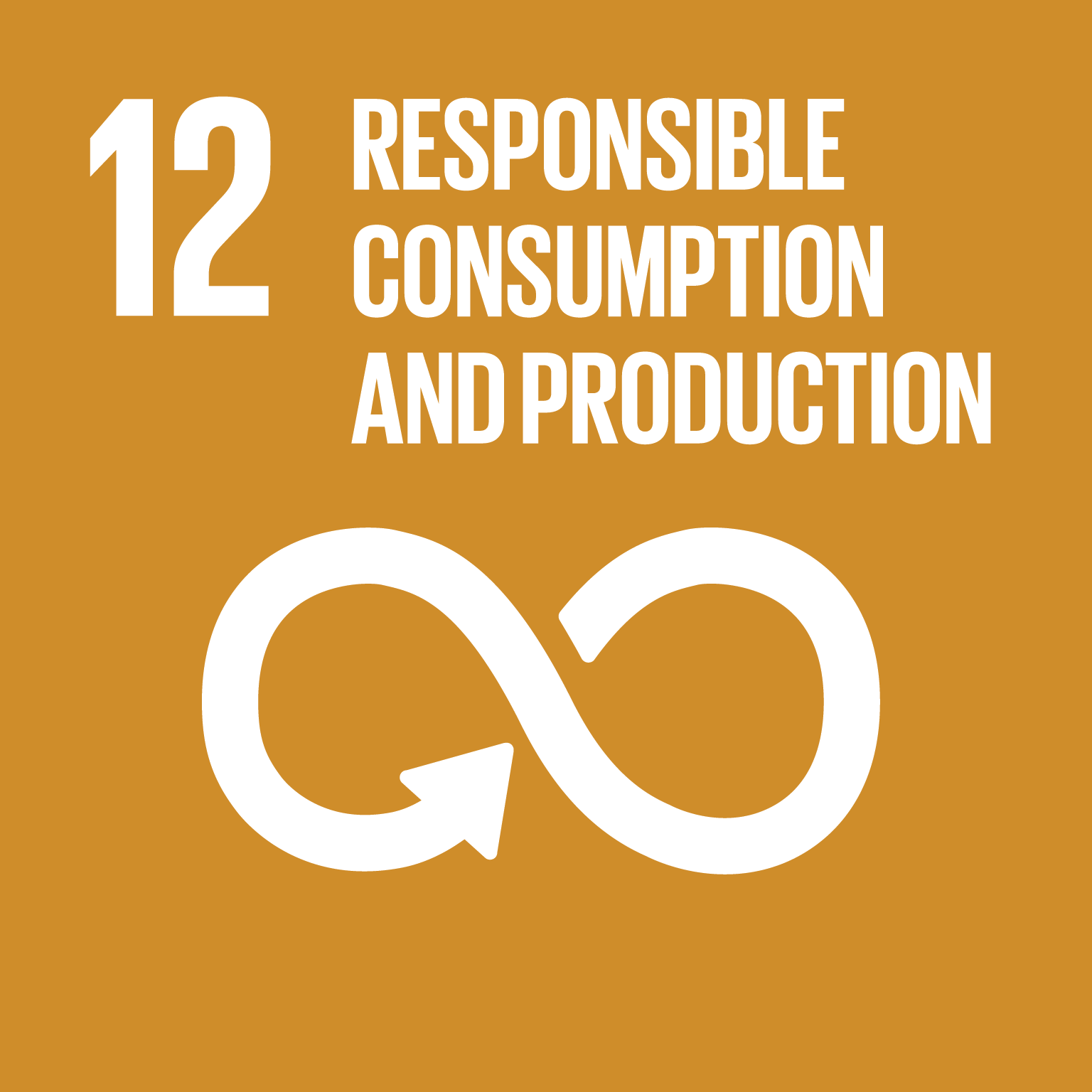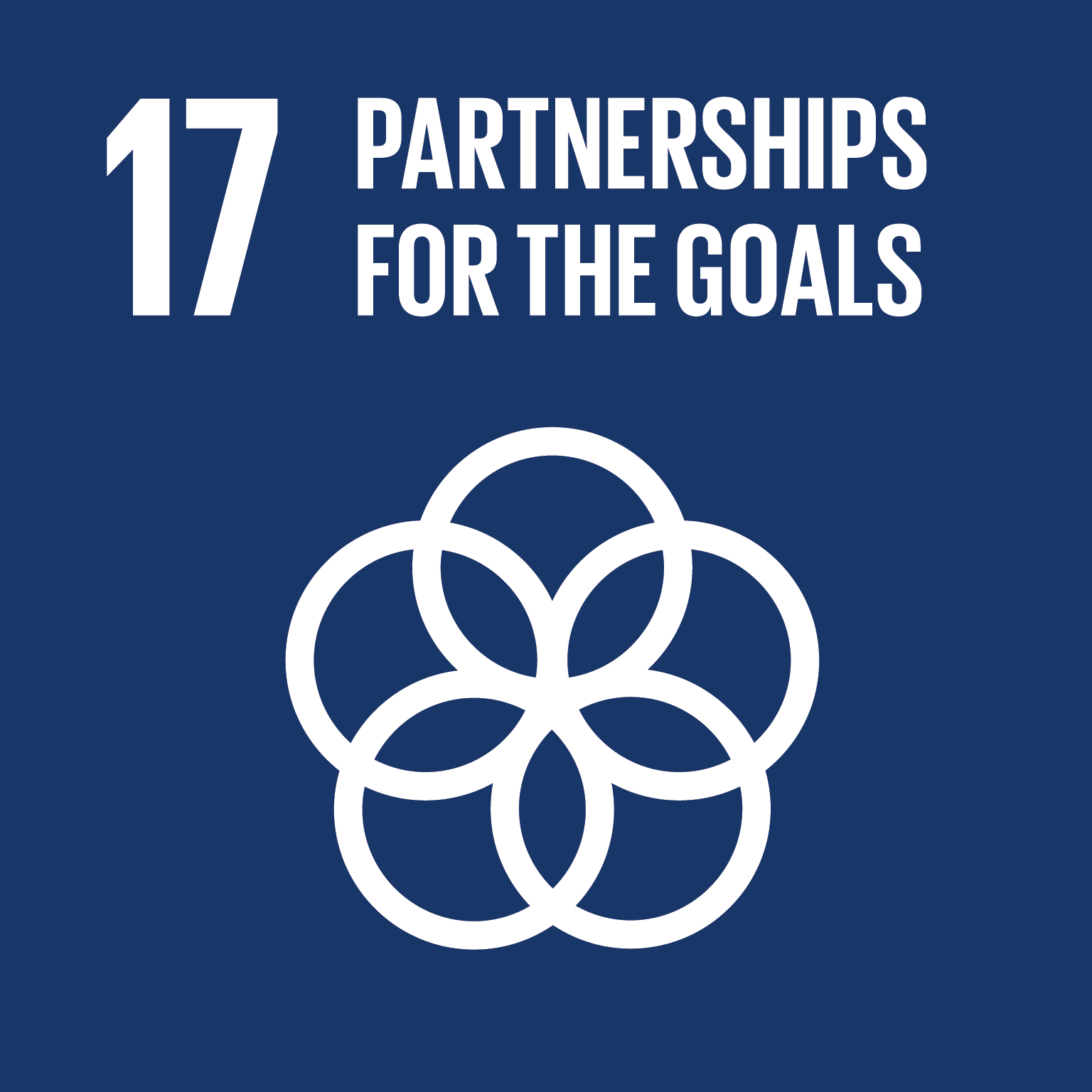YWaste is an app that facilitates the discounted sale of end-of-day food from quick serve restaurants (QSRs) to consumers, rather than the food going to landfill.
This project sees the collaboration between Foodbank, YWaste, Fight Food Waste CRC, RMIT Industrial Design and Digital Media staff and students. Over the course of 2 semesters, RMIT Industrial Design and Digital Media students put forth interdisciplinary skills in conducting in-depth research, tackling real-world design problems and crafting creative strategies for successful nationwide adoption of YWaste app. In semester 1, Industrial Design and Digital Media students and staff collaborated on user research and redesigning of user-experience and user interface design of YWaste.
Semester 2 focused upon developing targeted strategies of enabling nationwide adoption of the app by key stakeholders, such as branding strategies, reaching out to city councils, advertising campaigns, social media campaigns, podcasts etc. This project entailed with many successful and positive outcomes. Students' UX design work for this project won the prestigious 2020 Adobe UX Awards (Best Overall Winner). Both studios resulted with an array of high quality outputs and project partners are happy to proceed with fully using the works for their purposes.

Planning for the next phase of this project is currently underway, which will see these studio outputs implemented in the real-world, in which the proposed UX/UI design changes and campaign strategies will be executed in 2021, enabling a successful nationwide adoption and publicity of YWaste app to significantly reduce the amount of prepared food becoming waste, and fundamentally improve the reach of Foodbank's services to the people that need it most.
Project timeline: 2019-2021
Key contributors: Juliette Marie Anich, Li Ping Thong, Emma Gerard
Find out more: Fight Food Waste CRC website
This project addresses the following Sustainable Development Goals and Targets:
2.1 By 2030, end hunger and ensure access by all people, in particular the poor and people in vulnerable situations, including infants, to safe, nutritious and sufficient food all year round
12.3 By 2030, halve per capita global food waste at the retail and consumer levels and reduce food losses along production and supply chains, including post-harvest losses
17.17 Encourage and promote effective public, public private and civil society partnerships, building on the experience and resourcing strategies of partnerships

Get in touch
For more information or to discuss partnership and collaboration opportunities, email us at SDGs@rmit.edu.au.
For more information about RMIT’s sustainability commitments and activities visit www.rmit.edu.au/sustainability





